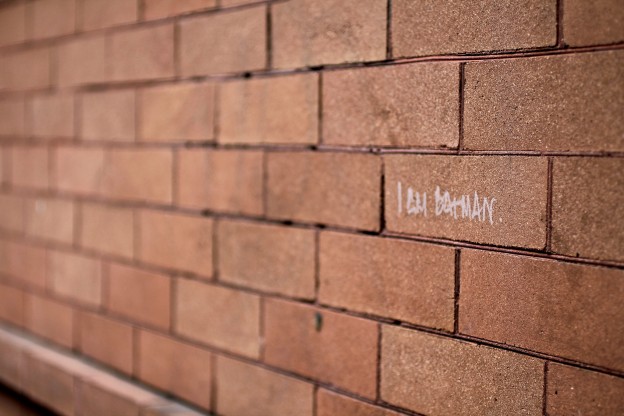Few things annoy me more than burning time on bureaucratic paperwork. Frankly, as an educator, my time and attention should be centered on students and learning — and that includes modifying and selecting readings and resources. Finding fresh critical pedagogical articles that connect pop culture and critical thinking, for example, is not only more interesting to me professionally than revising course outcomes to match accreditation evaluation rubrics, but such articles are more useful and engaging for my students. Plus, such articles can support critical thinking skills and connecting these skills with media in students’ lives. While some administrators might disagree, few educators would. Making this “idealistic” hope happen is a challenge. One possible path to this solution: reconceive how we as individuals approach Open Educational Resources (OERs) and our use of educational technologies. UNSECO defined OERs in 2002 as “technology-enabled, open provision of educational resources for consultation, use and adaptation by a community of users for non-commercial purposes.”
Thus OERs are centered on being created by and for, as well as being adapted by, learning community members regardless of where the learning community happens. If we align with Critical Pedagogy (CP), OERs can help us do more than apply our passion and engagement to create or curate anti-racist, liberatory, and conscious texts for our classes. If we couple CP’s goals with OERs and treat OERs as convivial tools, we can also help reduce textbooks’ financial burden, support communities-outside-our-classes learning, and potentially amplify voices that might otherwise remain unheard.
Read More: Why OERs are Important for Critical Pedagogues — Hybrid Ped.

